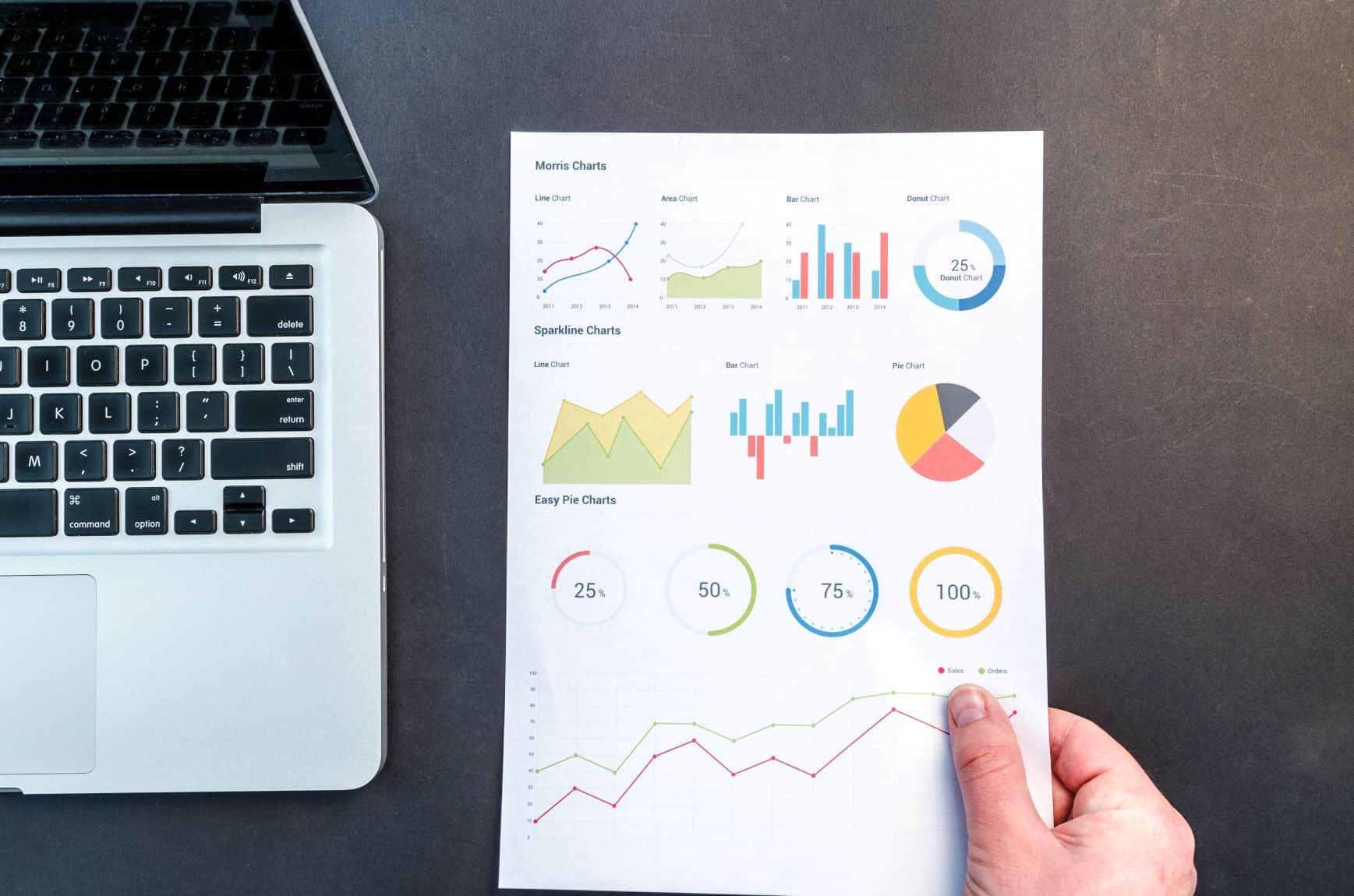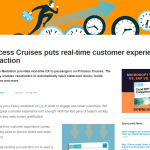You’ve probably heard about ‘Big Data’ and ‘Predictive Analytics.’ These are the big buzz words floating around today. These terms sound very technical, futuristic even… and expensive.
Perhaps you were informed that you need to start a project that incorporates these concepts, but you have no idea why or how you would embark on such a mission.
Let me give you an example of why you should do just that.
Most likely your company has customers. Hopefully the information about them is stored in your CRM. Your marketing people are running campaigns which generating quality leads. The sales people are turning every single lead into opportunity and customer. The VP of Sales is monitoring the pipeline and pouring through the vast amount of reports to understand where all the sales are coming from. Life is beautiful.
How big data helps you grow your big business
Sales reports are great for looking into the past. You can glean how many customers you have in this vertical market, how many bought a particular product, and what revenue came from each client. That’s good for your income statement, but what could you do to make it even better?
Wouldn’t be great if you would have a crystal ball to help you to see the future? Wouldn’t be great if you could answer any of the following questions:
- If I want to increase my revenue by 10%, which customers should I engage?
- I want to run another marketing campaign, which leads are most likely to respond?
- Which of my customers are planning to exit?
- Who is the next customer ready to buy more?
These answers are hidden in your CRM data. It is for you to uncover and turn into gold.
How to dig for gold in your data
You need a few things in place. First and foremost, quality data. We are talking about finding gold, not sifting through garbage.
The data you collect must be consistent and accurate. Second, you must build list of questions you would like to ask of your data – ensuring that you are collecting information that can actually be analysed. Third, start crunching the data to identify areas that can refine and supply you with answers. And finally, act on the information you learn.
Whether it is data or gold though, if you don’t start digging, you will never know what’s there.





